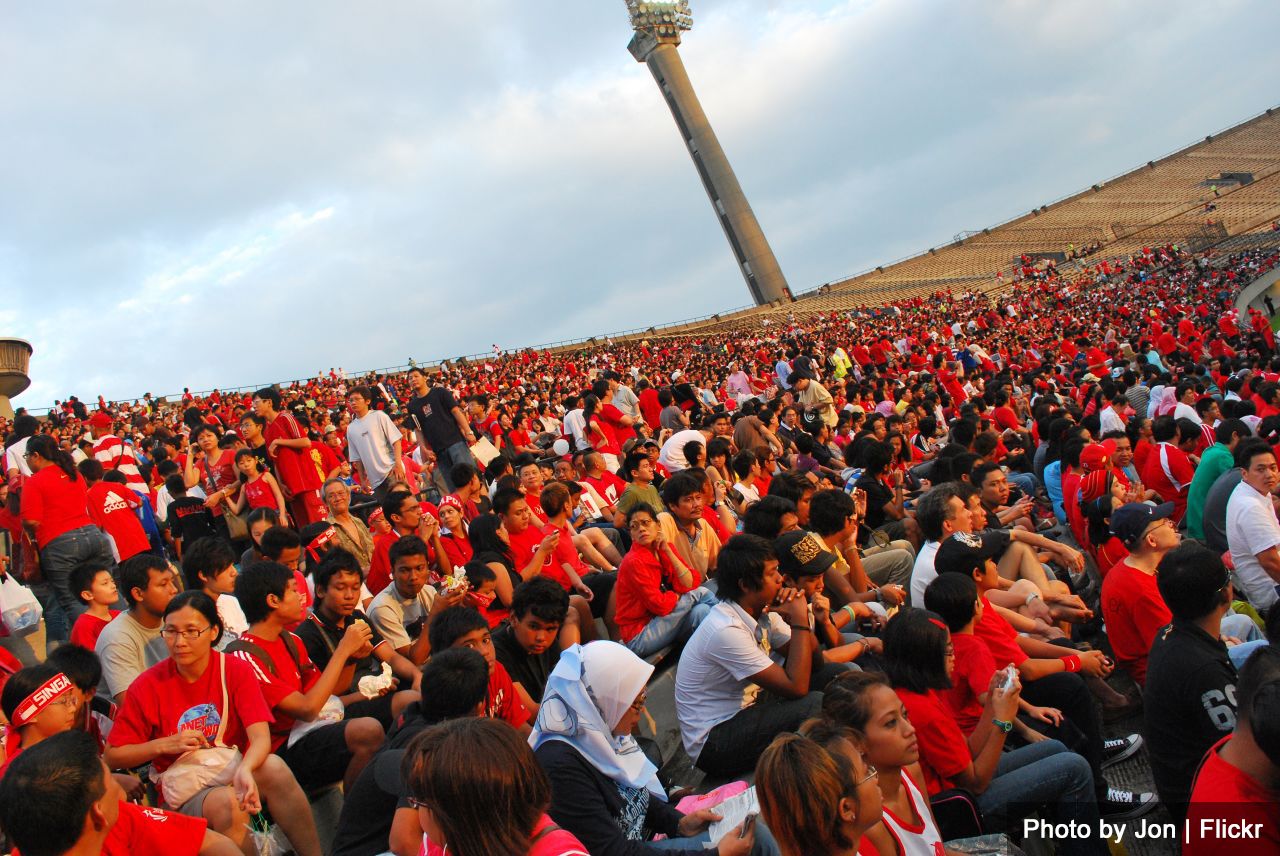
In a recent Parliamentary speech, Senior Minister of State for Law Edwin Tong warned of the dangers of foreign interference in local politics and elections. He noted the “curious spike” in anonymous online comments critical of Singapore during the disputes with Malaysia late last year, and referred to the SingHealth hacking incident which experts commonly attribute to state-linked actors.
Mr Tong stressed that Singaporeans are the first line of defence and therefore should be discerning enough to guard against such attempts to divide our society and soften our faith in ourselves and our governance system.
To anchor this effort, we can draw on a concept from our history that emphasises how internal cohesion is a critical condition for our resilience as a country.
In his 1966 National Day Address, on the eve of the first anniversary of Singapore’s separation from Malaysia, founding Prime Minister (PM) Lee Kuan Yew said he hoped to build a “rugged society” where Singaporeans accepted the sacrifices needed to become a well-educated and productive workforce to generate critical economic growth.
At the time, the rugged society prized physical and mental discipline, as well as a strong commitment to collective action directed from above. Mr Lee later added that this rugged society would enable Singapore to stand on its own feet, deter those who sought to subdue it, and produce a generation of leaders who had the “brains, the guts and the industry” to steer the nation.
Ruggedness has manifested itself since modern Singapore’s earliest days. As we commemorate the bicentennial of its founding by the British, it is important to recognise the tenacity and grit of the pioneer and Merdeka generations who toiled in factories, plantations and the docks to build a better future for their families.
However, as we transition beyond the first fifty years of independence, we face growing strains in the governance system as society becomes more diverse, the geopolitical environment more fluid, and the electorate more demanding. Questions have arisen on whether the current governance model and political leaders are robust enough to deal with this complexity and uncertainty.
In his 2015 National Day Rally speech, PM Lee Hsien Loong referred to the founding PM’s call for a rugged society, adding: “We don’t use that term quite so often anymore. But our people must still be robust and tough, able to take hard knocks, always striving to be better.”
However, the top-down approach of the past in directing a rugged society has its drawbacks. Former head of civil service Peter Ho has argued that a complex and fast-changing world means that trade-offs in public policy decisions are harder to make due to unintended consequences that may arise.
Gathering more input from the citizens’ perspective will help the government design better calibrated policies. Moreover, the current generation of Singaporeans who grew up in relative affluence desire greater involvement in shaping public policies that will affect them.
We should inculcate a sense of ruggedness and collective consciousness of the nation’s interests in each citizen that enables them to co-create effective solutions with the state. This bottom-up approach in the social compact between Singaporeans and the government should preserve what has worked well in terms of strategic coherence, and equip individual citizens to decisively respond to rapidly evolving situations in their spheres. We will progress from being a rugged society to a rugged citizenry.
We will need to take practical steps to make this happen. Singaporeans need greater access to and interest in information about how policies are designed, debated and implemented. Conversely, leaders and civil servants need to explain policy decisions clearly and minimise jargon.
Proceedings of our most important institution of public policymaking, Parliament, could be live-streamed online to allow Singaporeans to observe the dynamics of how issues are debated and legislation passed. Researchers will also benefit from greater access to archives and statistics. This is because knowledge gaps that are not duly addressed will allow rumours and conspiracies to fester.
Beyond greater awareness about policymaking, Singaporeans must also be able to see that senior management and political leaders are held accountable to the same standards as the rank and file when there is a failure. Our leaders should not only speak hard truths plainly, but also withstand the same from the ground.
The perception that only lower-level staff are punished for mistakes will corrode morale, and instill an attitude of “every man for himself”. This will undermine that collective consciousness and trust we need to maintain our governance system’s integrity.
The government could also draw upon a greater diversity of opinion and feedback when formulating policies. While existing organisations such as REACH and the grassroots network continue to play a role in gauging ground sentiment, the increasing complexity of Singapore’s challenges means that the government will not have all the answers, as Finance Minister Heng Swee Keat acknowledged in Parliament last year.
Feedback should not be treated as a bureaucratic exercise, but as a clarion call for citizens to give constructive input and for leaders to take those views in good faith. We need to encourage the so-called silent majority to make themselves heard, so that vocal fringe groups do not end up dominating any discourse.
In a 1966 speech at a community centre, founding PM Lee said, “Slowly, we must educate a generation able to stand up, able to identify its collective interests, able to defend it to the end. And when people know we are prepared to defend it, then we will live in peace.”
As Singapore’s fourth-generation leadership prepares to take the helm it must see itself as being embedded within a rugged citizenry that is strategic and savvy in confronting challenges and robustly defending Singapore at every turn.
Dhevarajan Devadas is a research assistant at the Institute of Policy Studies.
Top Photo by Jon on Flickr.
